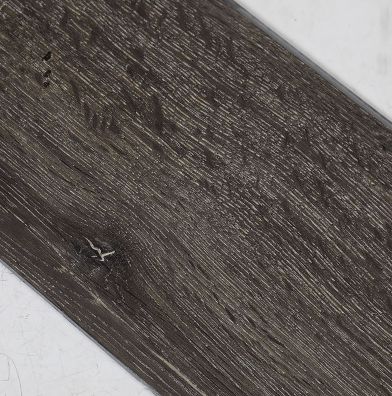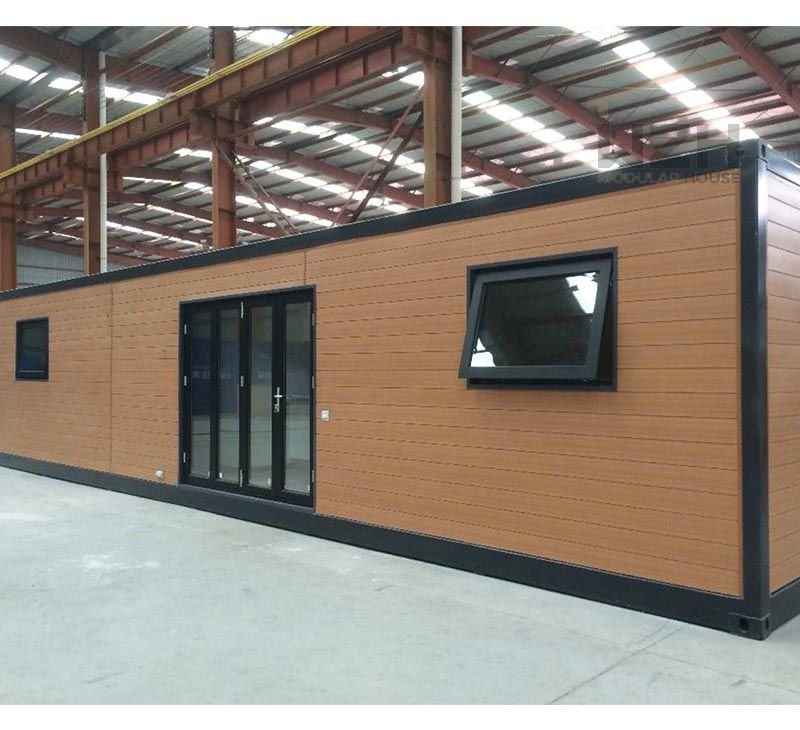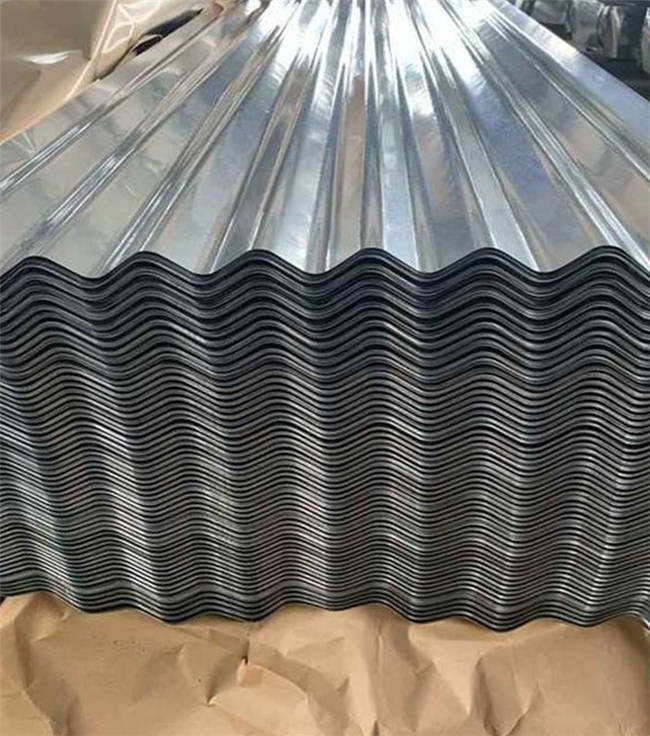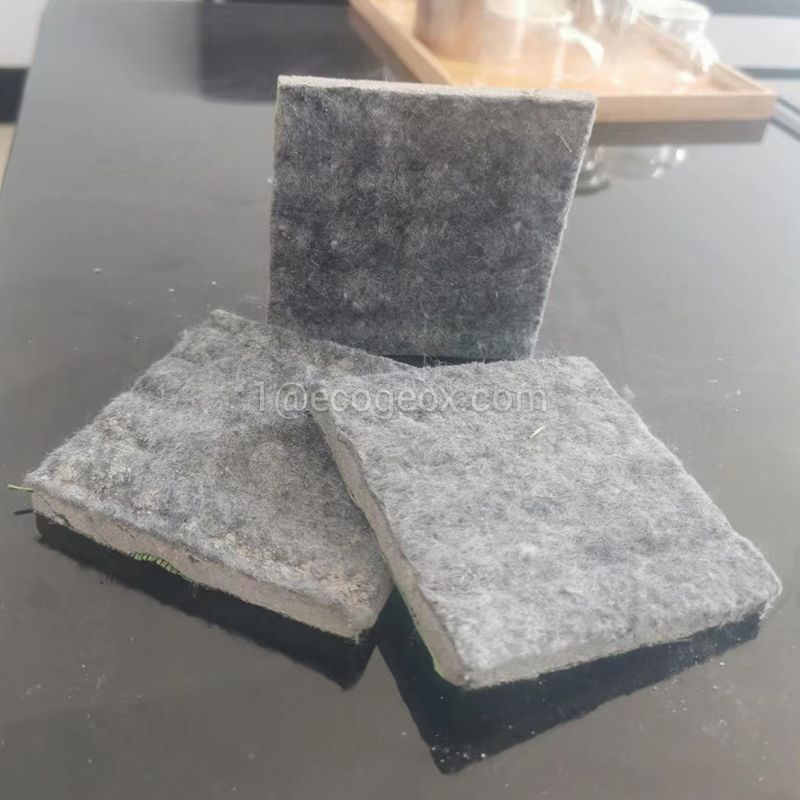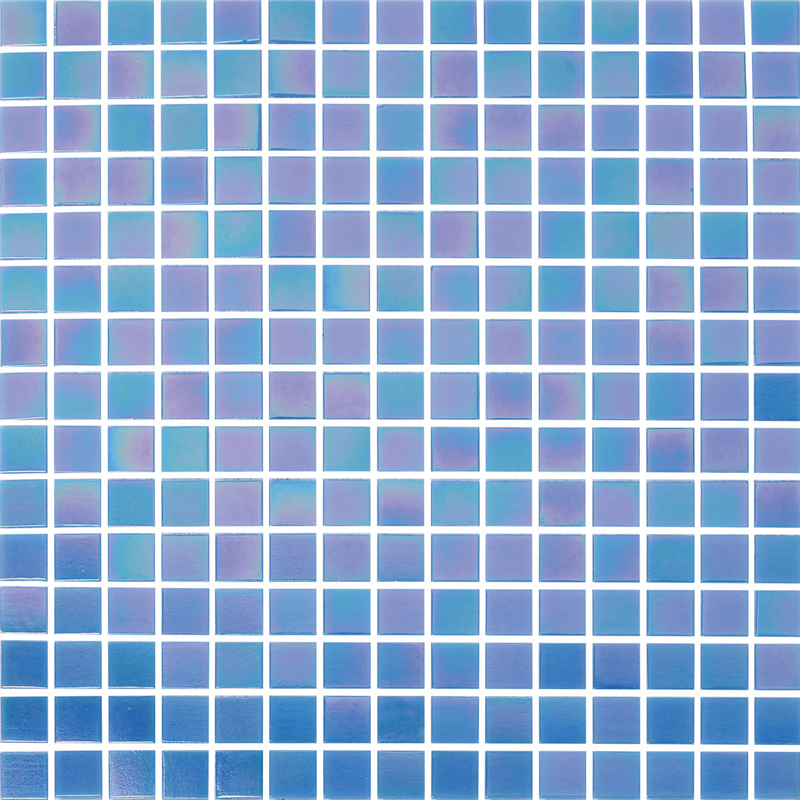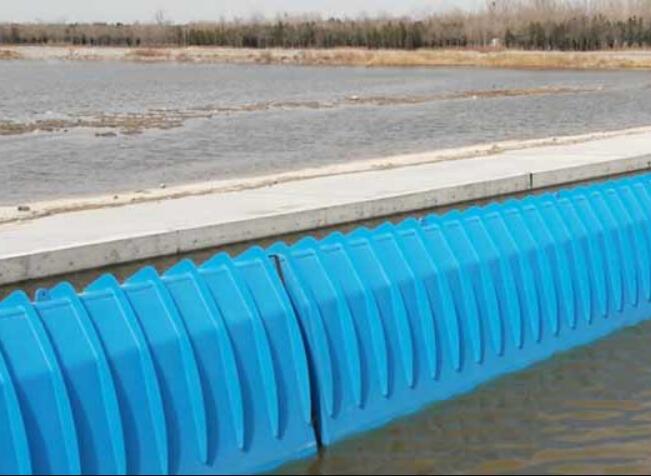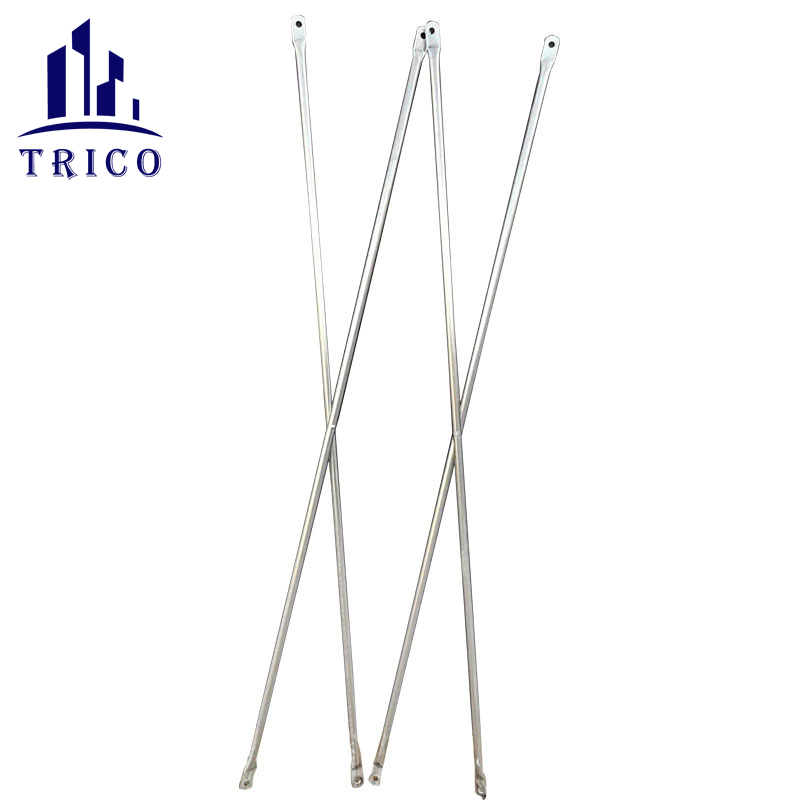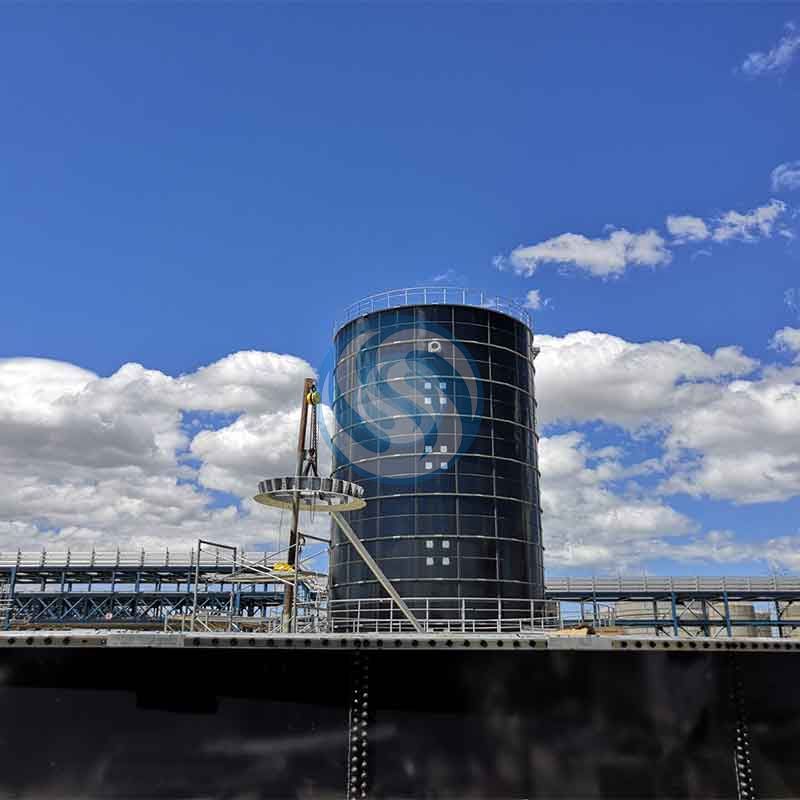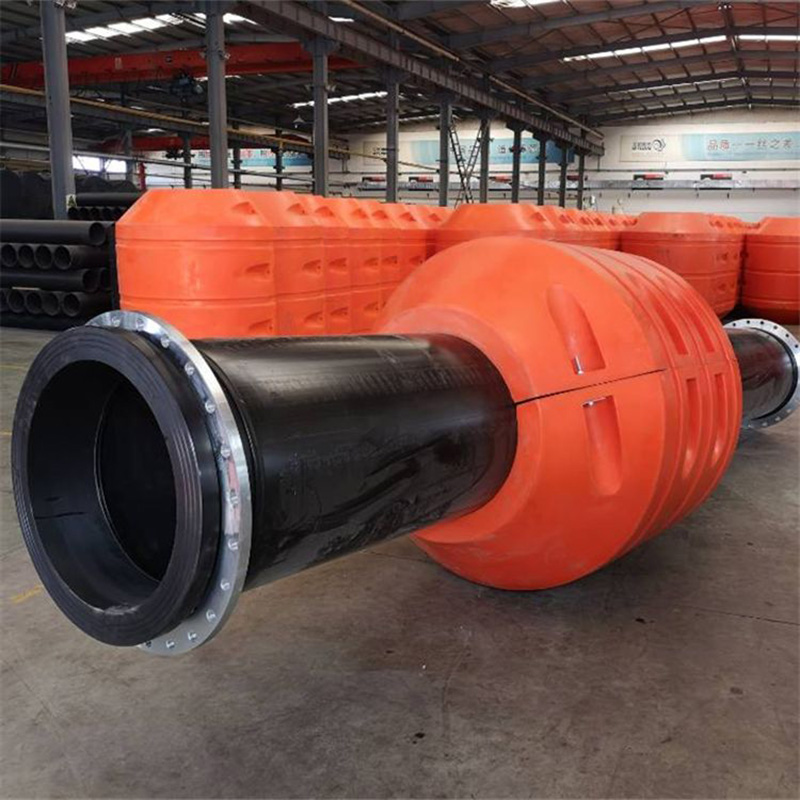SPC Flooring Pros And Cons
SPC Vinyl Flooring Overview
Stone plastic composite vinyl flooring is considered to be an upgraded version of engineered vinyl flooring. SPC rigid flooring is set apart from other types of vinyl flooring by its uniquely resilient core layer. This core is made from a combination of natural limestone powder, polyvinyl chloride, and stabilizers. This provides an incredibly stable base for each flooring plank. You can’t tell that is what’s inside these floors once they’re installed. The floors look like any other engineered vinyl floors, with the core completely hidden underneath.
Each plank of SPC rigid vinyl flooring is constructed with the following layers:
Wear layer: This transparent layer is at the top. It provides resistance to scratches and stains and is easy to keep clean.
Vinyl layer: This layer provides the decoration for the plank. Colors and patterns are printed onto the vinyl.
SPC layer: This is the dense, waterproof core for the plank made of natural limestone powder, polyvinyl chloride, and stabilizers. It provides rigidity and stability for the plank.
Pre-attached underpad: This layer is generally made from IXPE or EVA foam, which provides sound insulation and cushioning.
Pros and Cons of SPC Rigid Core Vinyl Flooring
Benefits of SPC
SPC rigid vinyl flooring is quickly becoming one of the most popular trends in home flooring. Installing SPC vinyl flooring offers the following benefits to homeowners:
Waterproof
One of the biggest benefits of choosing SPC rigid core vinyl flooring is that it has a completely waterproof core. Unlike hardwood, you can install it in the wetter areas of the home such as laundry rooms. Making it a great flooring option for bathrooms and kitchens. The waterproof feature also makes this board more stable in environments where moisture and temperature can fluctuate.
Easy Installation
Many homeowners appreciate that SPC floors are easy to install. You can place them on top of many different types of subfloors or existing flooring. If you choose the ‘snap vinyl flooring’ designs you will eliminate the need for messy and complicated glues.
Affordability
While it is more expensive than standard vinyl flooring, SPC vinyl floors are generally less expensive than other types of luxury flooring, such as hardwood and stone. In addition to being a cheap flooring option, homeowners can often install the floors without professional assistance, so DIY installation of SPC flooring can save even more money on this upgrade.
Style
SPC vinyl flooring is like standard vinyl in that it is available in a wide range of colors and patterns. Some SPC flooring styles look like hardwood, tile, or other types of flooring. The wide range of options is preferable for those who want to be able to customize the look of their home.
Comfort
The thick, stable bottom layers of each plank make SPC flooring more cushioned than other types of flooring. The thicker the plank you choose, the more comfortable it will feel underfoot. These dense layers also contribute to a quieter sound when walking on SPC floors; they usually do not have a hollow or thin sound like standard vinyl often does.
Easy Maintenance
SPC rigid core vinyl flooring is very durable. Because it is incredibly dense, it’s resistant to impacts, stains, scratches, and wear and tear. This flooring style is a great choice for busy households because in addition to holding up well, it is easy to keep clean. Maintenance involves only regular vacuuming or sweeping and occasional mopping. Over time, this type of flooring resists fading, peeling, and cupping. It also withstands direct exposure to sunlight.
Drawbacks of SPC
With so many benefits to using SPC flooring, it may seem like an obvious choice for homeowners. However, before you select SPC floors for your home, be sure to consider these potential drawbacks:
Less Added Value for Your Home
Installing hardwood and other upscale flooring adds the most value to your home. While SPC rigid vinyl floors look stylish, homeowners traditionally favor homes with solid hardwood floors.
Less Eco-Friendly Than Other Floorings
If you’re concerned about making environmentally friendly upgrades to your home, you may want to avoid vinyl. While there have been improvements in using recycled materials and removing harmful chemicals from SPC flooring, it is still considered less eco-friendly compared to many other flooring options that are made from renewable resources, especially hardwood, cork, and bamboo.
Shopping for SPC Floors
You’ll have different options for plank size, plank thickness, and wear layer thickness when you shop for SPC floors. Plank size is all about style preference, so be sure to compare different sizes in photographs of installed floors to see which style you like best. For plank thickness, keep in mind that thicker planks have increased durability and stability. You’ll typically find that SPC planks range from about 3.2 to 7 millimeters thick. A thicker wear layer is preferable as well; wear layer thickness generally ranges from about 0.2 to 0.7 millimeters.
You may also see SPC flooring advertised or labeled under the following names:
Rigid vinyl plank
Recommended article:
What are the common uses of chipboards?
Creating Unique Custom Marble Statues: A Journey of Artistic Expression
Digital Water Curtain: A Mesmerizing Fusion of Technology and Art
Water Curtain Movies: An Aquatic Cinematic Experience
What are the advantages of polypropylene synthetic fiber?
Components and Structure of W Beam Guardrail
Ensuring Scaffold Plank Height Safety: Understanding Board Wear and How to Prevent ItWaterproof vinyl flooring
Engineered luxury vinyl flooring
Be sure to inquire about the makeup of the plank core to ensure it is actually SPC rigid vinyl flooring. There are other types of luxury vinyl flooring that are not made with a core of natural limestone powder, polyvinyl chloride, and stabilizers.
If you’re ready to give your home a serious upgrade, consider installing SPC rigid vinyl floors. It has a number of benefits that make it a solid investment, and it’s especially practical for families with pets and kids. The easy installation and relatively affordable price will also help to keep costs down.
Where is the best place to use SPC flooring?
SPC is a great cost-effective choice for main floors of residential homes with normal wear in kitchens, living spaces or bathrooms. It is also excellent for basements where you’ll benefit from waterproofing, secondary vacation homes or rental homes as it is very low maintenance, can take a beating and is cost-effective to change out to maintain a modern look.
Pros:
100% Waterproof
Low installation cost – cheap to do yourself or save significantly on labour and materials for a professional install. Tile usually costs between $5-10/sq ft to get professionally installed where SPC is $1.50-2/sq ft.
Easy installation – click system is easy to do with minimal tools, wait time and effort
Looks great – there are endless options of patterns, colours and grains to get the precise look and shade you want
Some are radiant heating compatible
Environmentally-friendly – avoiding use of real wood protects the earth’s natural resources and it can be recycled
Safe, better air quality – it is free from dangerous chemicals typically found in flooring such as formaldehyde , glues, benzene and phthalates
Some sound proofing – The multi-layered composition of materials provide some natural sound-proofing
Warranty – SPC generally comes with great manufacture warranties, where the length of warranty generally increases with the thickness of the wear layer and of the core of the planks
Cons:
Not super scratch resistant. While the core is highly durable, the wear layer on top can show noticeable scratches with excessive use. It’s very suitable for regular use in a residential home and light commercial use but is not recommended for high traffic commercial spaces.
Thinner material doesn’t have as much cushioning underfoot, compared to a hardwood or laminate.
Needs to be applied to a flat floor. The thicker the plank, the more forgiving on uneven surfaces.
Cannot be installed in outdoor spaces.
Can quickly increase in price as you add the bells and whistles like going with a thicker layer, more desirable print, extra UV resistance etc.
Not fade resistant – if you’re putting SPC in a spot that has a lot of natural light, it can fade over time. We don’t recommend it for sunrooms.
It’s not wood – ultimately these hardwood alternatives will never match the value of real solid wood so the resell for your home will be lower with SPC than true hardwood floors.
What are the advantages of using steel frames in office buildings?
The Perfect Solution for Indoor and Outdoor Playgrounds
Exploring the Advantages of Framing Membrane Structures
Railway Continuous Beam Bridge Bearings: Ensuring Stability and Safety
Industrial Paint vs. Decorative Paint: A Comparative Analysis
Is melamine plywood suitable for outdoor applications?
What are the advantages of living in an expandable container home?




